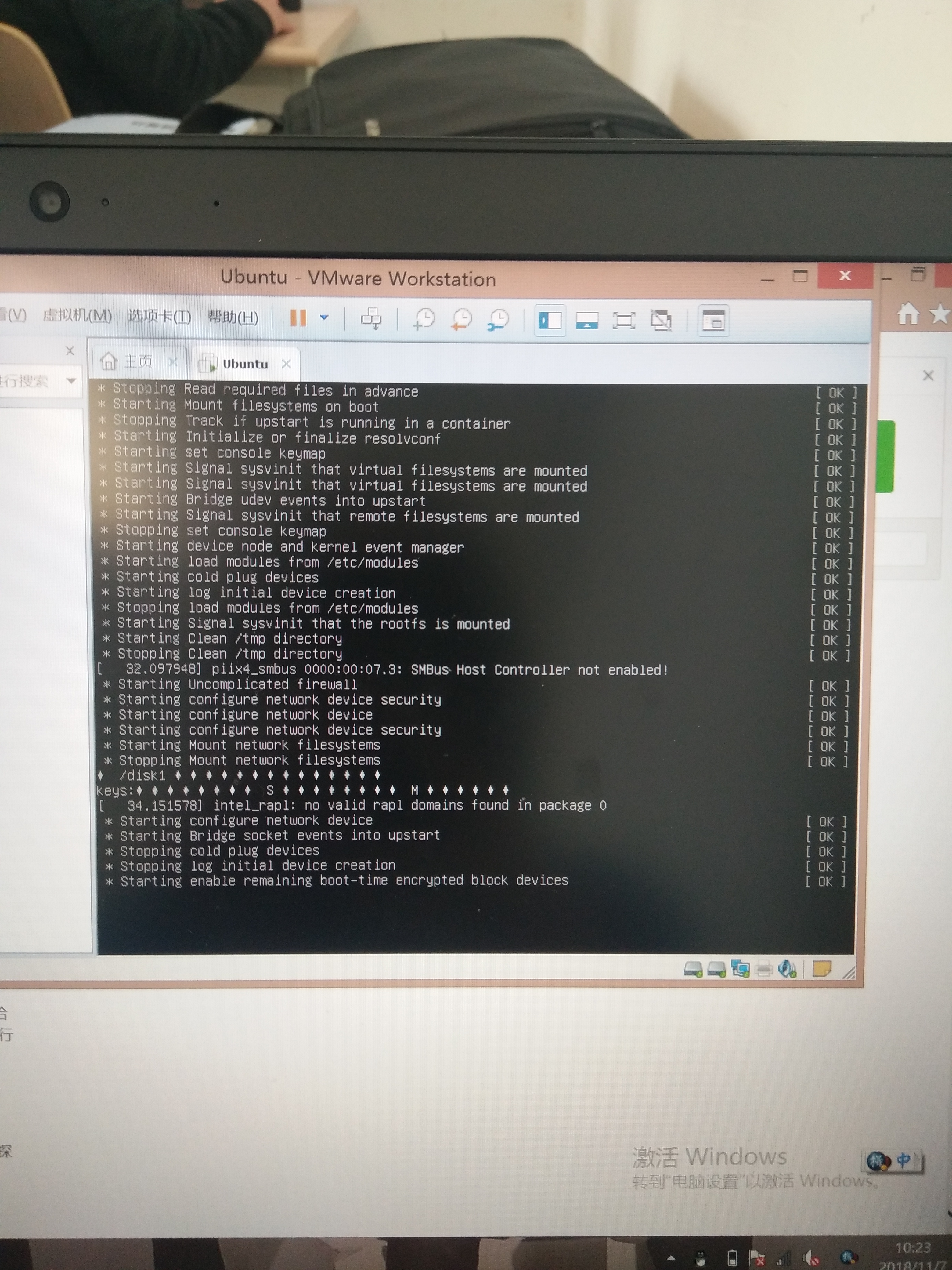I have a PHP script that needs to determine if it's been executed via the command-line or via HTTP, primarily for output-formatting purposes. What's the canonical way of doing this? I had thought it was to inspect SERVER['argc'], but it turns out this is populated, even when using the 'Apache 2.0 Handler' server API.
问题:
回答1:
Use the php_sapi_name() function.
if (php_sapi_name() == "cli") {
// In cli-mode
} else {
// Not in cli-mode
}
Here are some relevant notes from the docs:
php_sapi_name — Returns the type of interface between web server and PHP
Although not exhaustive, the possible return values include aolserver, apache, apache2filter, apache2handler, caudium, cgi (until PHP 5.3), cgi-fcgi, cli, cli-server, continuity, embed, isapi, litespeed, milter, nsapi, phttpd, pi3web, roxen, thttpd, tux, and webjames.
In PHP >= 4.2.0, there is also a predefined constant, PHP_SAPI, that has the same value as php_sapi_name().
回答2:
This will always work. (If the PHP version is 4.2.0 or higher)
define('CLI', PHP_SAPI === 'cli');
Which makes it easy to use at the top of your scripts:
<?php PHP_SAPI === 'cli' or die('not allowed');
回答3:
Here is Drupal 7 implementation: drupal_is_cli():
function drupal_is_cli() {
return (!isset($_SERVER['SERVER_SOFTWARE']) && (php_sapi_name() == 'cli' || (is_numeric($_SERVER['argc']) && $_SERVER['argc'] > 0)));
}
However Drupal 8 recommends using PHP_SAPI === 'cli'
回答4:
I think
$_SERVER['REMOTE_ADDR']
will not be populated from the CLI.
Also, all the HTTP_* keys in the $_SERVER superglobal won't be populated from the CLI, or do it the right way hop just mentioned :-)
回答5:
The documentation page for php_sapi_name clearly states how it works:
Returns a lowercase string that describes the type of interface (the Server API, SAPI) that PHP is using....
Although not exhaustive, the possible return values include aolserver, apache, apache2filter, apache2handler, caudium, cgi (until PHP 5.3), cgi-fcgi, cli, continuity, embed, isapi, litespeed, milter, nsapi, phttpd, pi3web, roxen, thttpd, tux, and webjames.
I'm not sure why hop doesn't think that PHP is for serious programmers (I'm a serious programmer, and I use PHP daily), but if he wants to help clarify the documentation then perhaps he can audit all possible web servers that PHP can run on and determine the names of all possible interface types for each server. Just make sure to keep that list updated as new web servers and interfaces are added.
Also, Bobby said:
I'm intrigued as to why the doc. example inspects the first 3 characters, whilst the description states the string should be exactly "CGI"
The description for the example states:
This example checks for the substring cgi because it may also be cgi-fcgi.




